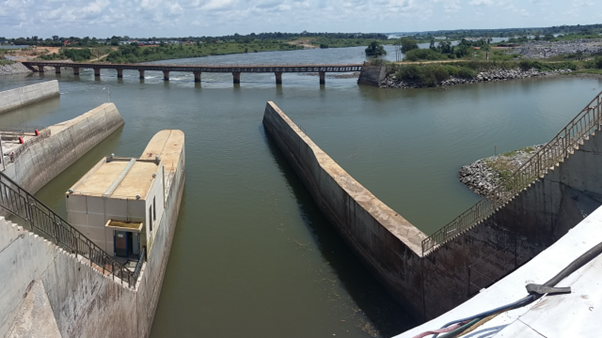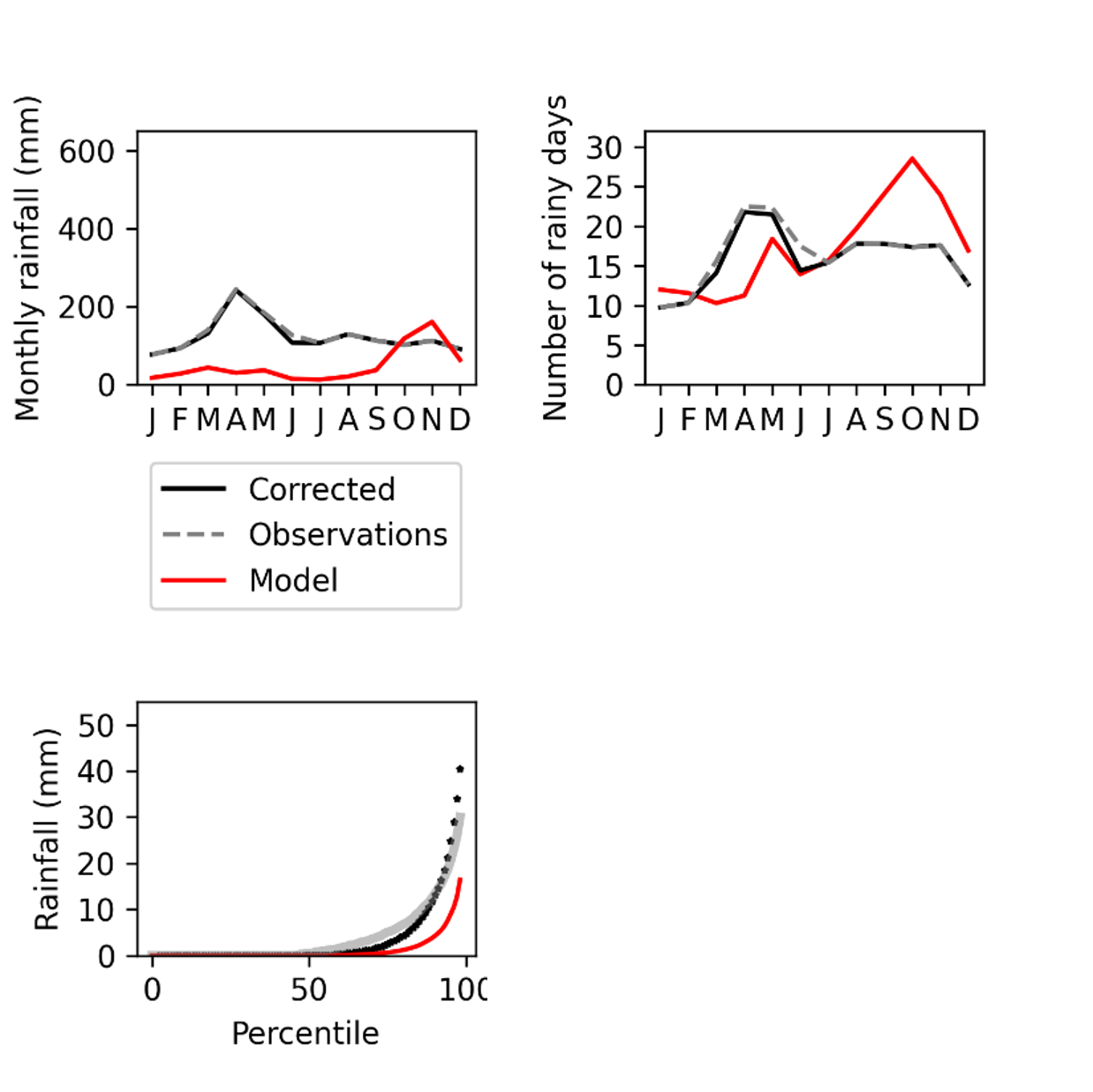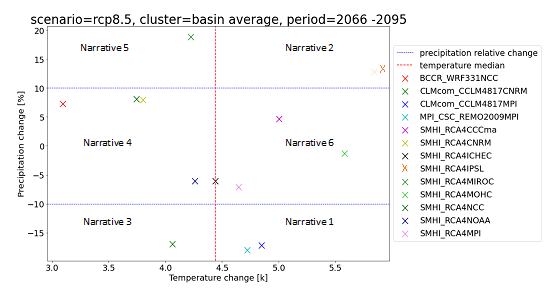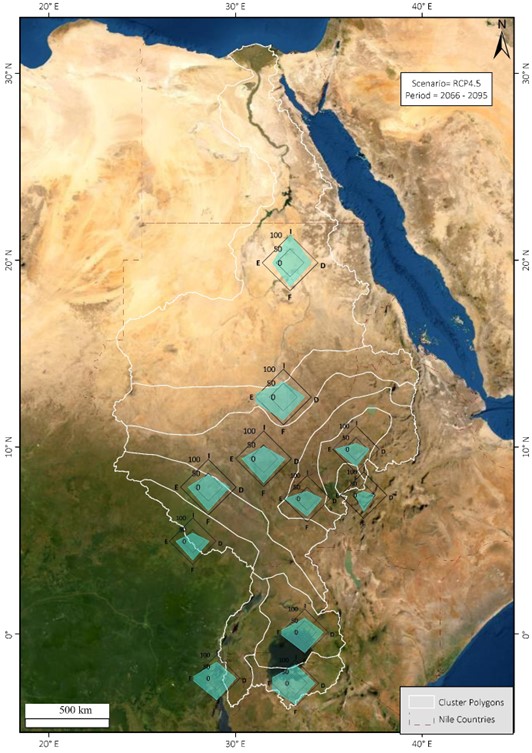General information
Project title: Climate Services for Infrastructures in the Nile Basin
Client: GIZ, Nile Basin Initiative
Location: Nile Basin
Project duration: 2021 - 2023
Key characteristics: Flood Frequency Analysis, Climate Change Assessments, Bias Correction of Climate Data, Service Reliability Assessment, Hydrological Modelling, Capacity Building
Project description
Climate change is expected to increase the frequency and severity of flood events due to higher rainfall intensities, more extreme rainfall, longer duration of rainfall, and wider geographic coverage. This poses a risk as existing design guidelines may underestimate these flood extremes, especially in the future. To address this, the Nile Basin Initiative has launched the "Enhancing Climate Services for Infrastructure Investments" project, funded by the German Federal Ministry for the Environment and Nuclear Safety. The project aims to provide climate data products and build capacity for climate risk assessments and adaptation measures in water infrastructures.
It focuses on three climate change-informed products for flood analysis and reliability assessments for infrastructure dimensioning:
- Bias corrected climate change scenarios for temperature and precipitation based on downscaled CORDEX RCMs
- Products considering climate change for PMP (probable maximum precipitation) and IDF (intensity-duration-frequency) curves
- Assessments in terms of the reliability of services and adequacy of dimensioning of infrastructure under climate change
Services
- Evaluation of climate change projection data compiled by NBI
- Bias correction of 13 CORDEX models (precipitation, minimum/maximum temperature
- Classification of models to climate narratives
- Calculation of IDF curves
- Calculation of PMP
- Publishing the data in a webbased database portal
- Creating maps of signal changes compared to baseline conditions
- Hydrological service reliability assessment for 7 NELSAP infrastructure case studies
- Training sessions on climate risk assessment based on the developed methodology
Skills
- Big data management
- Bias correction of climate data (precipitation and temperature)
- Hydrological modeling
- Climate risk assessment
- Water infrastructure service reliability assessment
- Capacity building



